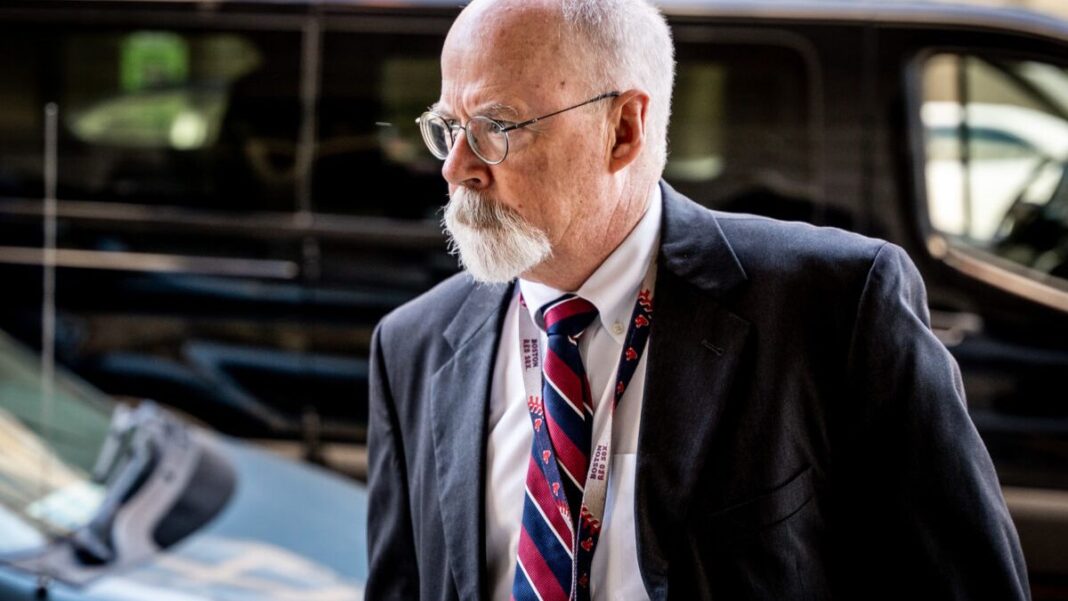A fiduciary is a person who holds a legal or ethical relationship of trust with one or more other parties.
As the 2022 elections for Congress approach, citizens should ask to whom an elected official owes a duty of loyalty. Are these candidates merely politicians seeking office to enhance their brand by leading the opposition against Americans who think differently? Or are these candidates seeking office to serve as fiduciaries to the Constitution? In a dangerously polarized nation, the answer leads to dramatically different forms of governance. The current political strife leads to deceit, distrust, and conflict. Electing fiduciaries should lead to trust that our institutions work for the people.
For 256 years, the U.S. has elected representatives, but their duty of loyalty to whom or what is vague. Of course, all take an oath to the Constitution and represent constituents, but such responsibilities are so abstract they are meaningless.
The writings of John Locke, Edmond Burke, and James Madison reflect a fundamental belief that no power is granted to our representatives as individuals. These representatives are fiduciaries that must act to achieve the public good. As fiduciaries, they cannot act beyond their legal authority and must administer laws impartially. Unfortunately, today this view is rejected by what Madison terms “factions,” groups of citizens united in a common interest adverse to others in the community.
These factions are today’s political parties and interest groups that build their brand, raise massive amounts of money and acquire power by preaching division. The academic literature supports this self-interest by arguing that public officials cannot be fiduciaries since it would be impossible to give loyalty to the many diverging interests confronting elected officials.
While divergent ideas are essential and constitutionally protected, the fiduciary’s duty of loyalty does not apply to individuals, groups, or political parties. Instead, it applies to the Constitution’s separation of powers structure that allows society’s many contestable issues to be debated rationally to foster a consensus around the public good. The process includes a Congress that formulates laws after listening to all sides of a debate; an Executive administers those laws, and courts resolve the controversies between branches.
For this structure to work, each branch of government has an independent duty to act as a check on the other branches. This tension is necessary to achieve the public good. Unfortunately, when elected representatives function as politicians, they distort the constitutional structure by placing their loyalty to political parties and interest groups ahead of the institution they serve. Displaced loyalty diminishes the Constitution.
Since our Constitution is held in trust by our elected representatives, for the American people, it is protected when these officials vigorously defend the powers and duties of the branch they serve. Such defense is the best mechanism to ensure government is limited to the powers given it by the Constitution.
Today’s political climate illustrates this point. We have one political party controlling Congress and the Executive. We have an Executive making new laws, (student loan forgiveness), or refusing to enforce existing law (immigration). While the Executive’s party in Congress may have a majority of members in its caucus, at times, it still may lack the votes needed to authorize the Executive’s actions. In instances when the Executive acts without congressional authority, his party in Congress generally has the power to block the minority party from preventing the Executive’s arbitrary accumulation of power. As an end run around the Constitution, the politicians in Congress, rather than dealing with the difficulties of the legislative process, abandon their oath to uphold the separation of powers by allowing the Executive to make law through regulation, Executive Order, or simply not enforcing laws.
In theory, the Constitution works well. In practice, however, the constitutional mandate of separation of powers is regularly abused. When Congress ignores its duties to defend the separation of powers, it limits the ability of the constitutional structure to fully allow the multitude of interests a voice in the debate needed to achieve a governing consensus. For several decades party-line voting (Democrats vote one way; Republicans oppose) has become the norm. In the 1960s, party-line voting was around 60%, but by the Trump administration, it reached 90%. Without letting the structure of the Constitution work, these representatives breach their fiduciary duty to the Constitution by allowing the Executive to enhance its power by diminishing the power of Congress.
When loyalty to political parties and interest groups eliminates the separation of powers protections in the Constitution, citizens must rely on the interest groups named Democrats or Republicans for protection. Today such actions are arbitrary political power. Tomorrow it could be tyranny.
This article was first published in TheHill.com








